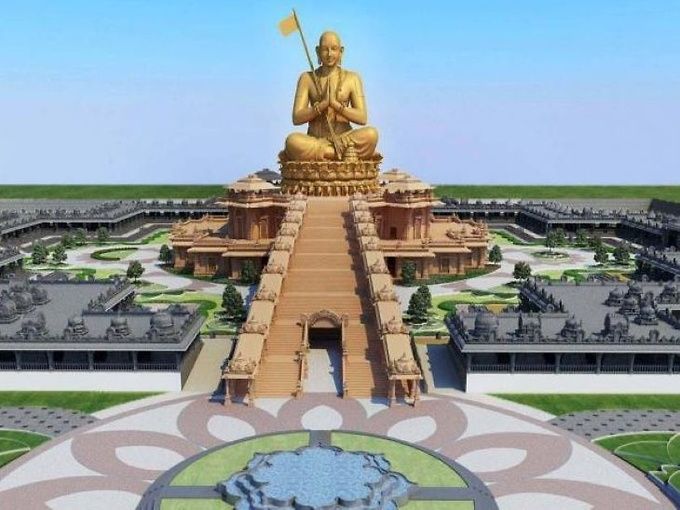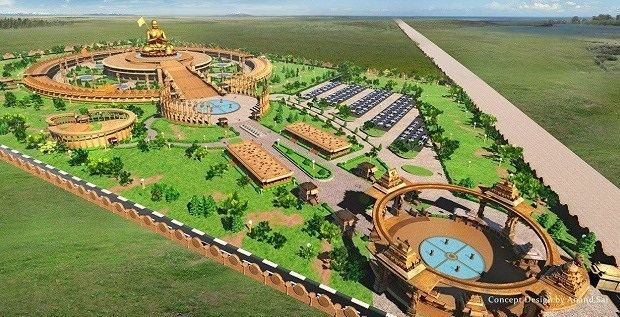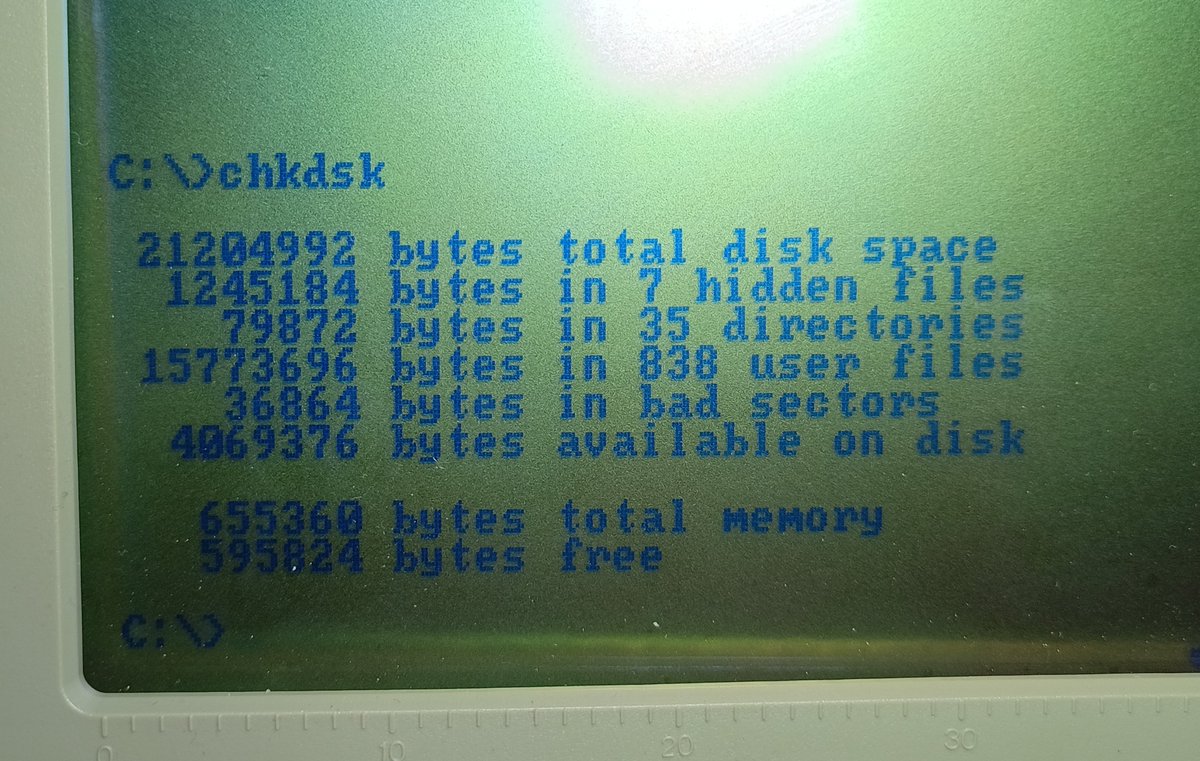2. Aliyu Abdulhameed
@aliyu_hameed was appointed as Managing Director/CEO of NIRSAL Plc, a wholly-owned corporation of the Central Bank of Nigeria (CBN), created in 2013 to stimulate the flow of affordable finance and investments into the
3. agricultural sector by de-risking the agribusiness finance value chain, fixing agricultural value chains, building long-term capacity, and institutionalizing incentives for agricultural lending.
4. In five (5) years of leading NIRSAL from 23 December 2015, Aliyu Abdulhameed has built NIRSAL from near-zero to a position of national, continental and global recognition as an authority in agricultural risk management and financing.
5. Aliyu’s 5-year Scorecard gives an account, across various performance dimensions, of how he has led NIRSAL to challenge the status quo, ask the tough questions and design game-changing systems and
6. solutions for agricultural risk management, value chain development and financing. The results are obvious in terms of:
· the adoption of optimized models and risk management tools by actors in agricultural value chains and agriculture finance;
7. finance and investment facilitated for agricultural value chain actors;
· jobs created and sustained; and
· lives positively impacted.
In addition, Aliyu has shown a sharp business acumen and stewardship having grown NIRSAL’s balance sheet,
8. strengthened its financial position and built strong organizational capacity in the form of people, processes, systems and structures.
His achievements cut across the following key performance areas:
9. 1. Facilitating Agribusiness Finance and Investment
2. Facilitating Agricultural Insurance
3. Agricultural Value Chain Development
4. Guarantee Portfolio and Project Risk Management
5. Financial Growth and Stewardship
10. 6. Organisational Capacity Development
7. Impact in Nigeria, Africa and the Globe.
11. Aliyu’s achievements in the leadership of NIRSAL and the game-changing, sustainable interventions introduced are visible and attested to by serious-minded actors in the local and international agricultural value chain and agriculture value chain finance spheres.
12. HIGHLIGHTS OF ALIYU ABDULHAMEED’S 5-YEAR SCORECARD ACHIEVEMENTS
1) Facilitating Agribusiness Finance and Investments
Through innovative approaches and instruments aimed at eliminating risks associated with agriculture
13. NIRSAL, under the leadership of Aliyu Abdulhameed has successfully assuaged the fears of financiers and investors in bringing in finance and investments into agriculture and agribusiness.
14. Funding in the sum NGN145 billion has been facilitated to various actors for mechanization activities, input distribution, and the production, processing, trading and marketing of agricultural commodities from various sources.
15. Abdulhameed has grown the NIRSAL CRG as a symbol of trust for lenders and investors. Over 26 financial institutions are using the NIRSAL Credit Risk Guarantee (CRG) instrument to minimize possible losses in financing agribusinesses.
16. Because of NIRSAL’s solutions, commercial banks have pledged to provide an additional NGN160 billion to fund agriculture, provided the NIRSAL guarantee and its structured approaches are in place.
17. NIRSAL has trained over 2,600 staff of financial institutions and engaged with 17 Bank Management Credit Committees for capacity building, joint product development, and bottom-up and top-down engagements for financing commitments.
18. The rate of bank lending to agriculture has risen from 1.4% at inception to 4.49% as of December 2019.
2) Facilitating Agricultural Insurance
Under the leadership of Aliyu Abdulhameed, NIRSAL has moved the..
19. Nigerian agriculture sector from indemnity-based to Index-based Insurance as a major sector risk management strategy.
· Within two years of intervening in agricultural insurance, from 2017 to 2019,
20. the number of smallholder farmer subscriptions to agricultural insurance rose exponentially to 1.8 million with the NIRSAL Area Yield Index Insurance (AYII) accounting for ~70% of total subscriptions.
21. This is attributable to the influx of the private sector with up to nine (9) private insurance companies adopting NIRSAL’s innovative index-based agricultural insurance products whereas, agricultural insurance was previously handled
22. mainly by NAIC only given the dearth of viable and innovative products before NIRSAL stepped in.
3) Agricultural Value Chain Development
In the last 5 years, the Abdulhameed-led NIRSAL has excelled at
23. developing and rolling out concepts, agribusiness models and frameworks for upgrading, integrating and fixing Nigeria’s broken agricultural value chains following systematic and technology-driven approaches.
24. NIRSAL introduced the Agro Geo-Cooperative® concept for structuring farmers with proper governance structures and aggregating their farmlands into contiguous stretches of 250 hectares each.
25. So far, 2,743 agro geo-cooperatives® have been formed by NIRSAL covering 600,000 hectares and over 408,000+ farmers which are being presented to the Central Bank of Nigeria and other financiers for funding of primary production (farming) activities.
26. Over 700,000 farmers have been trained by NIRSAL on good agronomic practices and financial literacy.
· Using satellite-based multispectral imaging,
27. Agricultural Commodity Ecological Area (ACEA) mapping of 18 priority commodities have been completed by NIRSAL and validated by research institutes.
28. A Mapping to Market (M2M) Strategy has been developed by NIRSAL and is enforced across all supported agricultural transactions to ensure effective linkages to adequate input and output markets.
29. 16 innovative agribusiness models have been developed for optimized value chain operations on various agricultural commodities and are being demonstrated by NIRSAL and adopted by the private sector and other actors.
30. Guarantee Portfolio and Project Risk Management
NIRSAL demonstrates risk management acumen and builds trust by developing and deploying robust risk management tools and technologies.
31. Abdulhameed’s leadership has recovered 88% of all claims paid under the NIRSAL CRG since inception and recovered 51% of legacy ABP loans;
32. Despite inheriting a Non-Performing Loan (NPL) portfolio of 7.2% in 2015, which was higher than the industry average at the time, NIRSAL now maintains a less than 1% Non-Performing Loan portfolio, compared to 6% average rate currently obtainable across the banking industry.
33. This feat is a result of robust credit risk management practices and effective loan recovery strategies introduced by Abdulhameed.
NIRSAL performs comprehensive project monitoring of all supported projects as a critical risk management strategy leveraging
34. its 37 operational Project Monitoring, Reporting and Remediation Offices (PMRO) across the 36 States and the FCT covering 774 local government areas as well as its field ICT monitoring technologies.
35. The NIRSAL PMRO service is subscribed to on over 235 agricultural value chain projects and by 15 financial institutions nationwide. 5) Organizational Development
Building NIRSAL as a successful and sustainable organization..
36. that makes a great impact has been a key goal for Aliyu Abdulhameed
37. NIRSAL, formerly a project office at the CBN, is now structured into 20 strategic and operational business units for the delivery of its mandate.
· Coming out of the CBN with a team of three (3) core staff, NIRSAL is now fully manned with 255
38.... core staff, 546 project monitoring, reporting and remediation officers nationwide to deliver its corporate objectives.
· NIRSAL now operates from 40 physical offices across all the States of the Federation and the FCT.
39. The organisation adopts internationally recognized methodologies and standards tailored to its unique operations as applicable, including the International Financial Reporting Standards (IFRS) for financial reporting;
40. Balanced Scorecard (BSC) Methodology for strategic and performance management; Projects IN Controlled Environments (PRINCE2) for project and programme management and benefits realization;
41. and Concept-Plan-Project-Results (CPPR) Framework for results-based management.
6) Impact in Nigeria, Africa and the Globe
Under Abdulhameed’s leadership, NIRSAL has made commendable sustainable economic, social and..
42. environmental impact in Nigeria and is expanding its influence and outreach to Africa and the globe:
· Estimated NGN510billion worth of economic activity generated;
· 515,000+ Direct Employment created/sustained;
43. · 3million+ Nigerian lives positively impacted; · Promotion of climate-smart agriculture models, enablers and practices;
· Facilitation of climate finance for agricultural value chain actors;
44. Discussions with Morocco, Germany, France, etc. on foreign investments and de-risking interests;
45. Establishment of a Risk Sharing Facility for the Government of Togo with overtures from Angola, Gabon, Ghana, South Africa, Uganda, Zimbabwe, etc. due to the brand equity already built up by NIRSAL which is a huge pride for Nigeria in the international community.




































